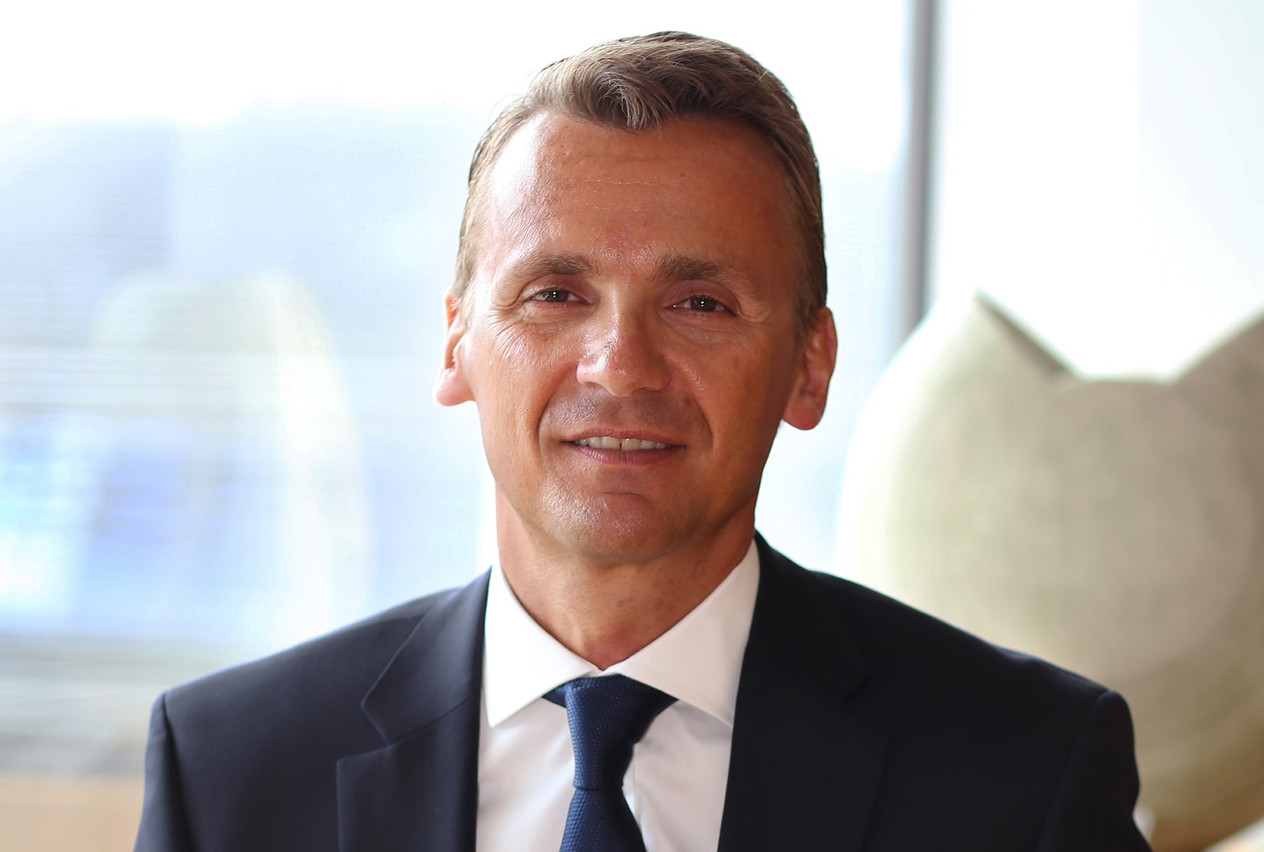“2022 will be a year that most investors would rather forget,” says Alex Tedder, head of US and global equities at Schroders. “The Russian invasion of Ukraine led to massive increases in energy and food costs at a time when post-pandemic bottlenecks in supply chains were already putting considerable pressure on global prices. Central banks, largely mandated to manage inflation, have been faced with the very real prospect of a cost-price spiral out of control. Unusually, they are also faced with the unenviable task of trying to contain expectations of wage increases at a time when unemployment in most major economies is at extremely low levels. The risk of error was, and is, considerable.”
Neither stagflation nor recession
Regarding inflation, Tedder dismisses the scenario of a return to the 1970s.
Rather, he says that while the headline inflation rate in many countries may remain high or is even rising, and while it is “legitimate” to fear that central bank action will not be enough to counter rising wages, a stagflation scenario can be ruled out. He points to the emerging decline in core inflation--“easing supply chains, rising borrowing costs, pressure on household incomes and falling house prices are all contributing to a slowing global economy and dampening demand”--and he believes that wage demands will loosen up.
He also believes that companies will adjust by postponing hiring and reducing staff levels, as has been happening in the technology sector, and that participation rates will increase with automation and the return of senior employees to the payroll.
Tedder also thinks that we’re not headed for a major recession, even if an economic slowdown is “inevitable”.
“With unemployment so low,” he comments, “consumers are better able to cope with rising costs. Government measures to reduce energy bills are also helping to cushion the effect. Plus, don’t forget that many households accumulated considerable savings during the Covid-19 pandemic, which provides a cushion too.”
And the situation is similar for businesses, “where debt is relatively low and of above-average maturity”.
Corporate profits under pressure
However, companies will have to revise their profit forecasts downwards, Tedder warns. “Turnover and margins (excluding energy companies) are on track to fall in 2023, which would create a downward earnings cycle that is not yet fully embedded.” This will be reflected in the equity markets.
“At Schroders, we believe that the current bear market is close to its end. However, volatility is likely to remain high for some time. Earnings per share forecasts of $225 and $235 for the S&P 500 still look somewhat optimistic and we expect these to be gradually revised downwards over the next few months, with the low point likely to come in Q3 2023. But stock markets are still looking ahead and typically incorporate the earnings low point six to nine months before it is actually reached. This suggests that the recent rebound in global equity markets (the Dow recorded its best month since 1976 in October) was not without logic, although we see the recent rally as something of a mirage.”
“In the very short term,” he adds, “further disappointments seem likely as the pressure on profitability becomes increasingly visible.”
The safety card
Among the trends that will structure markets in 2023, Tedder points to security. “National security, energy security, food security and cyber security must now be a much higher priority for governments and companies than they have been in the last decade. We anticipate a wave of spending by governments and companies focused on greater security of supply: whether it is investment in renewable energy, relocation of production sites, support for new methods of food production or protection of strategic sectors such as semiconductors, software or biotechnology--a certain polarisation between the West and the East seems inevitable in these areas.”
In his portfolios, the manager favours “companies that can thrive in a difficult environment, and at a reasonable level of risk. Many of them belong to the above-mentioned sectors, which clearly have higher structural growth rates than before.”
This article in French in Paperjam. It has been translated and edited for Delano.
